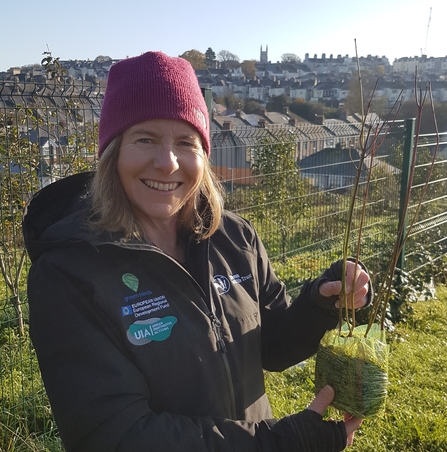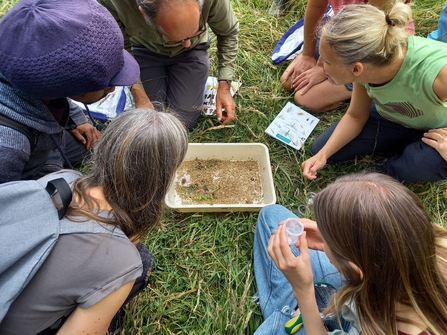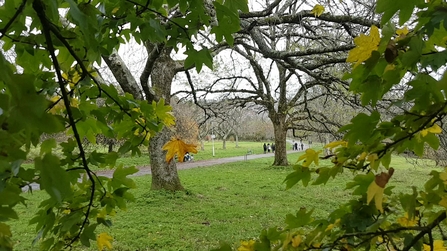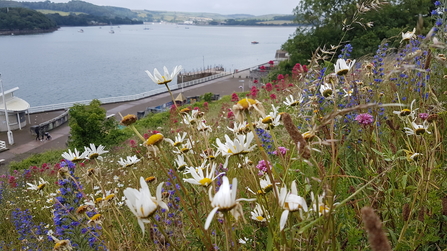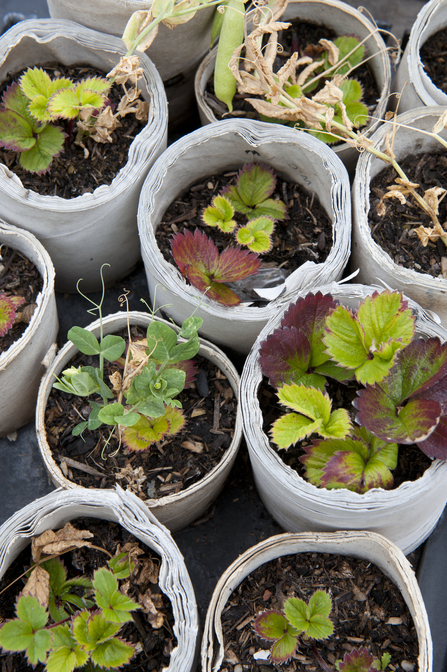What is ‘Green Minds’?
Green Minds Plymouth is an Urban Innovative Actions project funded by European Regional Development Fund. The project aims to put nature at the heart of decision-making in Plymouth, inspiring green thinking in everything we do.
By working with nature, we help wildlife as well as improving our physical and mental wellbeing along the way. A win-win situation all round!


